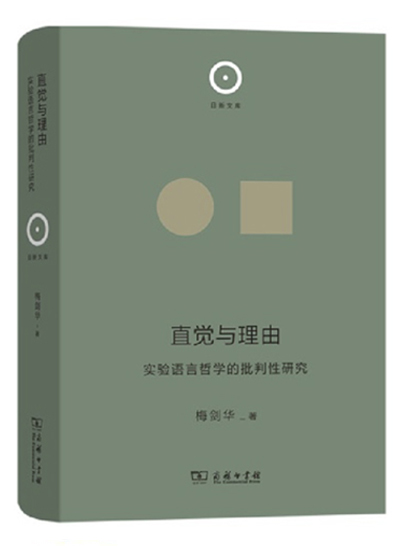Modern rise of experimental philosophy

Intuition and Reason: A Critical Study in the Experimental Philosophy of Language
Starting with Immanuel Kant’s Critique of Pure Reason, philosophy underwent a fundamental shift, with its focus changing from the pursuit of absolute truth to critically examining its own theoretical foundations and cognitive possibilities. By introducing the distinction between phenomena and thing-in-itself, Kant challenged the cognitive limits of traditional philosophy, laying the groundwork for modern philosophy’s deeper exploration of cognition, language, culture, and social structures. This shift triggered a crisis of existence for philosophy, compelling it to reassert its value and relevance.
With the dawn of the 20th century, a series of philosophical schools—such as logical positivism, existentialism, phenomenology, and analytic philosophy—emerged one after the other, each attempting to respond to Kant’s questions in its own unique way.
Entering the 21st century, experimental philosophy emerged, and its rise was not coincidental. First, the widespread success of scientific methods has inspired the exploration of empirical research techniques among philosophers. Experimental philosophy has incorporated research methods from the natural and social sciences, using experiments and data analysis to test the reliability of philosophical theories and intuitions. Second, traditional philosophy’s reliance on intuition has been challenged by experimental philosophy’s exploration of its cultural and contextual diversity and limitations, questioning its universality and reliability. Furthermore, interdisciplinary collaboration has enriched the methods of experimental philosophy. By partnering with fields such as psychology, linguistics, and cognitive science, experimental philosophy has broken down disciplinary boundaries. Technological advances, particularly in information technology and data processing, have enabled expansive experimental designs and large-scale data analysis, allowing experimental philosophy to be explored on broader and deeper levels. Finally, experimental philosophy has transformed public engagement with philosophy, making philosophical inquiry more widespread and democratized.
Intuition and Reason: A Critical Study in the Experimental Philosophy of Language, by Mei Jianhua, a professor from the School of Philosophy at Shanxi University, notices this new paradigm shift, emphasizing that experimental philosophy, as a branch of naturalistic philosophy, adopts scientific methods to explore traditional philosophical issues.
Through the critical application of interdisciplinary methodologies, experimental philosophy bridges the gap between traditional philosophy and scientific research. Its fourfold evidential approach—quantitative methods, qualitative analysis, the Socratic dialogue method, and conceptual analysis—provides a multilayered, complementary research system for philosophical inquiry. These four methods complement each other within experimental philosophy. Quantitative methods and qualitative analysis primarily focus on data collection and analysis, while the Socratic method and conceptual analysis are more concerned with in-depth discussion of theories and the precise definition of concepts.
Wu Xiao’an is an associate professor from the School of Marxism at Northwestern Polytechnical University.
Edited by YANG LANLAN
